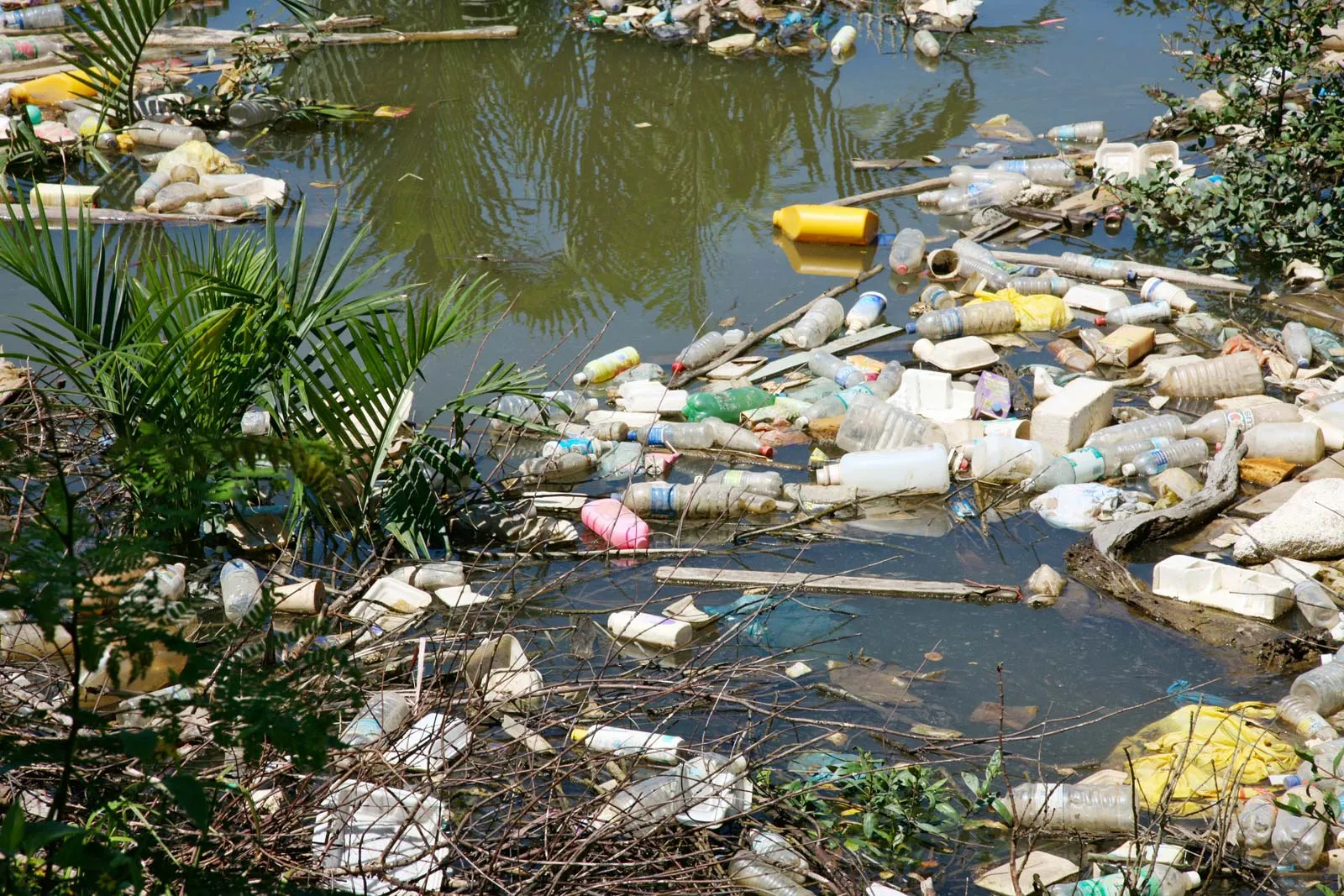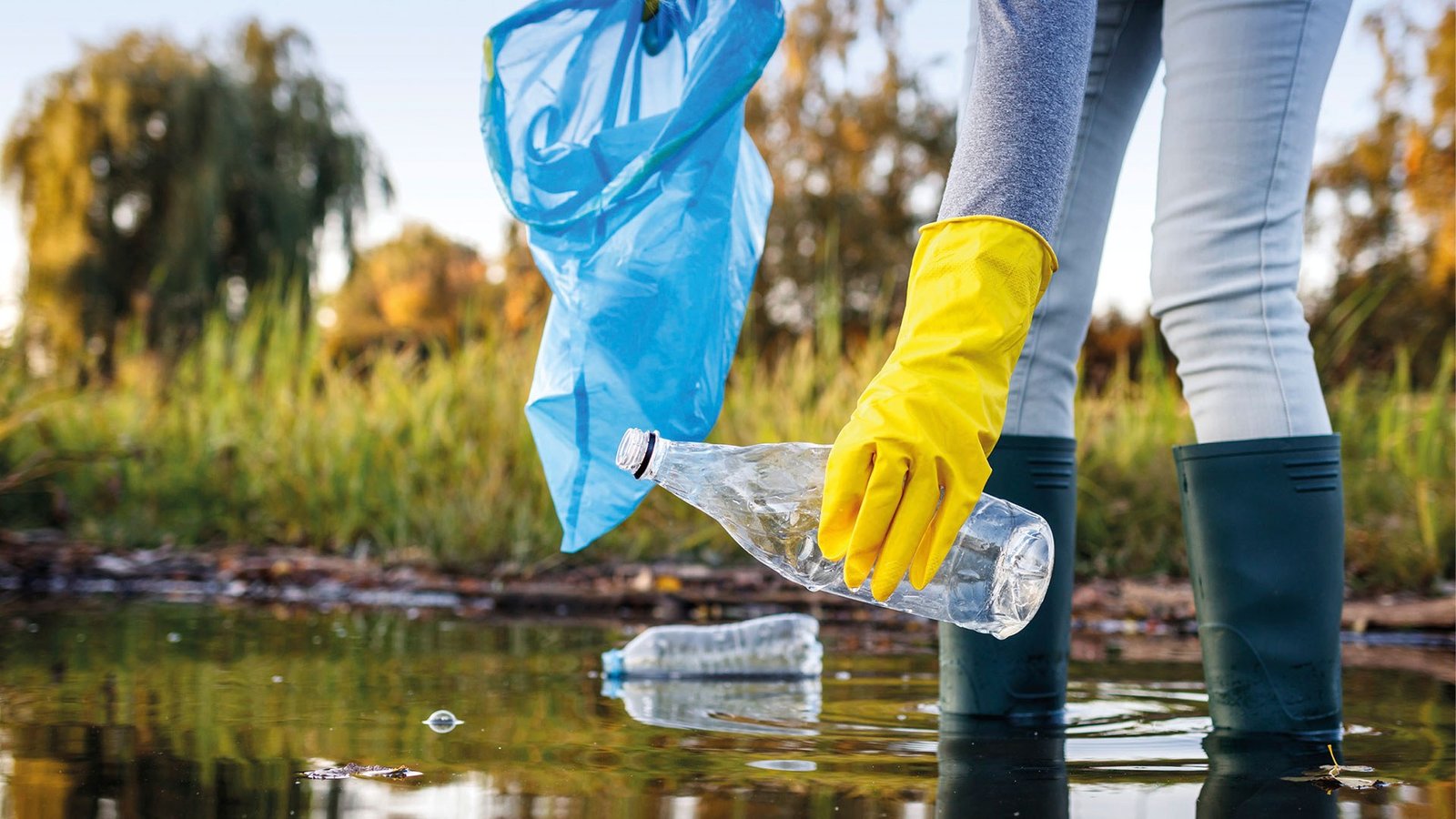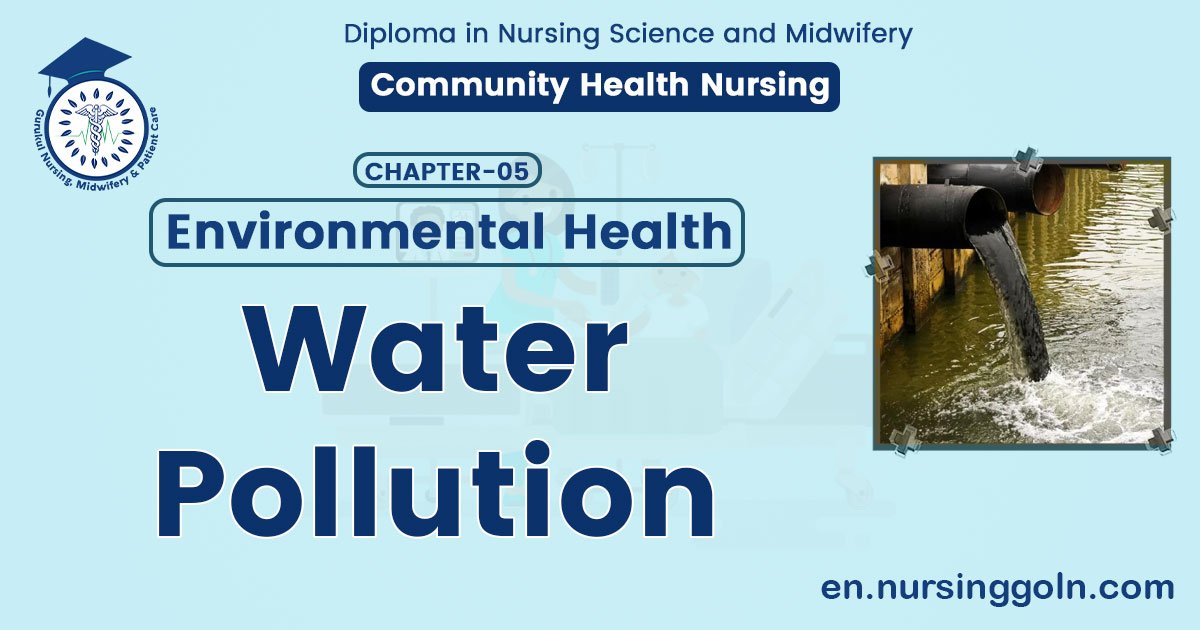Water Pollution – This book covers the entire syllabus of “Community Health Nursing” prescribed by the Universities of Bangladesh- for Basic and diploma nursing students. We tried to accommodate latest information and topics.
This book is examination friendly setup according to the teachers’ lectures and examination’s questions. At the end of the book previous university questions are given. We hope in touch with the book students’ knowledge will be upgraded and flourished. The unique way of presentation may make your reading of the book a pleasurable experience.
Water Pollution
Water pollution
Water pollution:
Water pollution is the contamination of water bodies (e.g. lakes, rivers, oceans, aquifers and groundwater). This form of environmental degradation occurs when pollutants are directly or indirectly discharged into water bodies without adequate treatment to remove harmful compounds.
Or
Water pollution occur when pollutants (particles, chemicals or substances that make water contaminated) are discharged directly or indirectly into water bodies without enough treatment to get rid of harmful compounds.

Causes of water pollution
Direct Human Causes of Water Pollution
- Dumping
- Industrial Runoff
- Agricultural Runoff
- Chemical Runoff
- Landfills
- Plastics
- Construction Runoff
- Batteries
Indirect Human Causes of Water Pollution
- Domestic City Sewage
- Septic Systems
- Too Many Nutrients
- Hormones and Antibiotics
- Leaks and Spills
- Fossil Fuels
- Mining
Hazards of water pollution
Hazards of water pollution may be classified into two broad groups: biological (or water-borne diseases) and chemical.

Water-borne disease (Biological hazards of water pollution)
1. Those caused by the presence of an infective agent:
✓ Viral: Viral hepatitis A, hepatitis E, poliomyelitis, rotavirus diarrhoea in infants
✓ Bacterial:Typhoid and paratyphoid fever, bacillary dysentery, Esch. coli diarrhoea, cholera
✓ Protozoal: Amoebiasis, giardiasis
✓ Helminthic: Roundworm, threadworm, hydatid disease.
✓ Leptospiral: Wel’s disease
2. Those due to the presence of an aquatic host:
(a) Snail: Schistosomiasis
(b) Cyclops: Guinea worm, fish tape worm
Chemical hazards of water pollution:
1.Due to salts of Pb, Zn, Fe: Constipation
Fe also causes: Dyspepsia
2. Prolonged use of water salt containing Pb salt: Plumbsim
3.Excess of arsenic: Arsenicosis
4.Due to salts of Mg and Al: Diarrhoea
5. Deficiency diseases:
✓ Due to iodine deficiency (less or absent): Goiter
✓ Due to fluoride deficiency (less or absent): Dental carries
6. Excess of fluoride: dental fluorosis.
7. Poisoning:
✓ Due to excess of phosphorus: phosphorus poisoning
✓ Due to excess of nitrates: poisoning in infants
8.Due to rotten vegetable materials: Diarrhoea, Abdominal upset

Prevention and control of water pollution
1. Sewage treatments: The household water should be treated properly so that they become environmentally safe. Adequate care should be taken to ensure that effective sewage treatment process is in place and that contaminated water does not get mixed with the environment in order to prevent water pollution, human and animal excreta should be prevented from mixing with its sources. Construction of pit toilet and proper sewage treatments can offer some solution to this problem.
2. Prevent river water to get polluted: The flowing water of the river cannot be cleaned easily by natural process. Thus, every effort should be made to prevent the river water to get contaminated. People should not be allowed to throw wastes into the river water.
3. Treatment of wastes before discharge: Factories are expected to treat its effluent wastes prior to discharge. Toxic material must be treated chemically and converted into harmless materials. If possible, factories should try to recycle the treated water.
4. Strict adherence to water laws: Laws and legislation relating to pollution should be strictly followed by all. People should be made aware that adherence to water laws are in their own Interest.
5. Treatment of drainage water: It cities, a huge amount of water is put into drains every day. The water that flows through the city drainage system should be properly treated. Harmful pollutants be removed, before they are introduced into reservoirs. If this water allowed going into water reservoirs without treatment, it will pollute them.
6. Treatment plants: Big cities and towns usually have effluent treatment plants. These plants filter out undissolved materials. Chemical treatment is also given to separate out unwanted dissolved chemicals. The treated water is either allowed to go into the water reservoirs or refused in houses. Occasionally, the treated water is used for farming if the fields to be irrigated lie in the vicinity of the water treatment plants. Sue lo an
7. Keep the pond water clean and safe: Washing, bathing of cattle in the pond that is used by human should not be done. Washing of dirty clothes and bathing of cattle make the pond water dirty and unsuitable for human use. If these ponds are continually misuses, then it may lead of severe consequences. το
8. Routine cleaning: Ponds, lakes and wells meant for human use should be routinely cleaned and treated, so that it remains fit for human use. It is an essential step that should not be avoided. A system of regular testing of pond and lake water can be introduced to ensure the safety of the water.
9. Don’t pour insecticides in sinks and toilets: Never pour household insecticides, medicines, etc. down the sink, drain or toilet. At homes, people often throw wastes and old medicines into the bathroom toilet. This practice is discouraged for the reason that the chemical compounds of medicines, insecticides, etc., when mixed with other chemicals, may result in formation of harmful substances.
10. Self-hygiene: Self-hygiene must be maintained and drinking water must not be polluted. Drinking water should be kept undercover in a clean place. One shou i not put his hands into the drinking water containers. Also, the practice of cleaning the drinking water reservoirs on a regular basis need to be strictly followed. The water meant for drinking should be purified prior to use. In the absence of good water purifier, it is recommended to drink boiled water. This is also important to prevent water borne diseases.

11. Sanitation: Sanitation system must be improved. The benefits of cleanliness on human health need to be understood. Human contact with hazardous materials should be prevented. After using the toilet, one should always use the flush and wash their hands with soap and water.
12. Public Awareness: Common public should be aware about the effect of water pollution. Voluntary organization should go door-to-door to educate the people about environmental problems. They should perform street plays for creating awareness about the environment. They should run environmental education centers. Students can impart health education to enable people to prevent water pollution.
See More:
